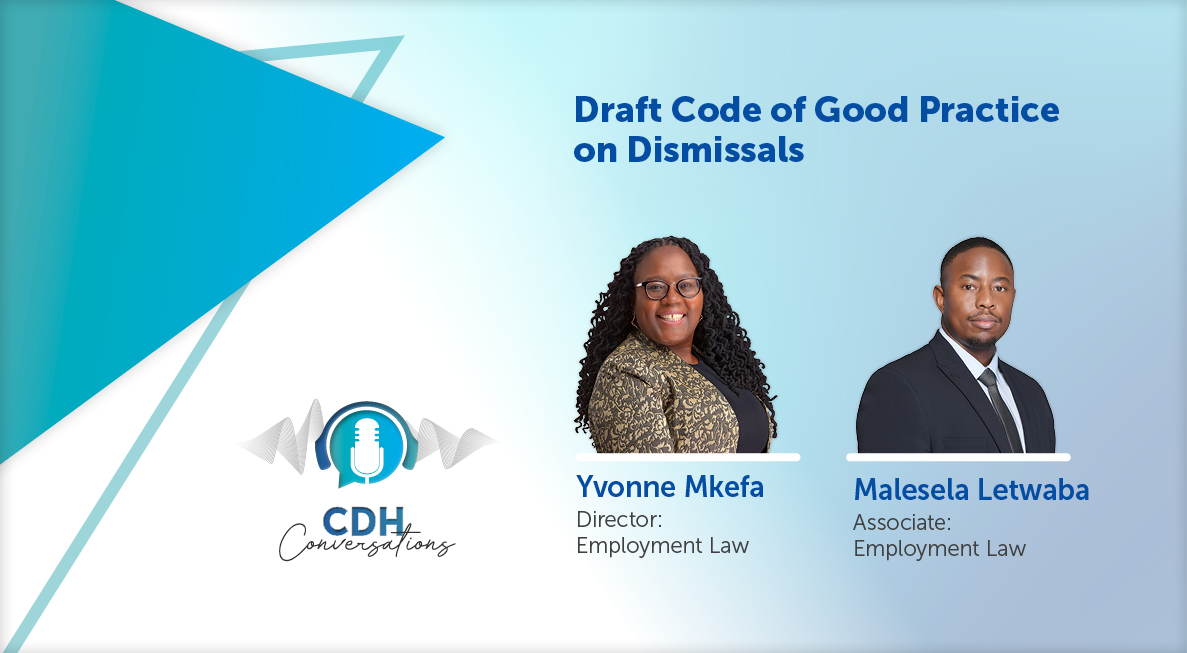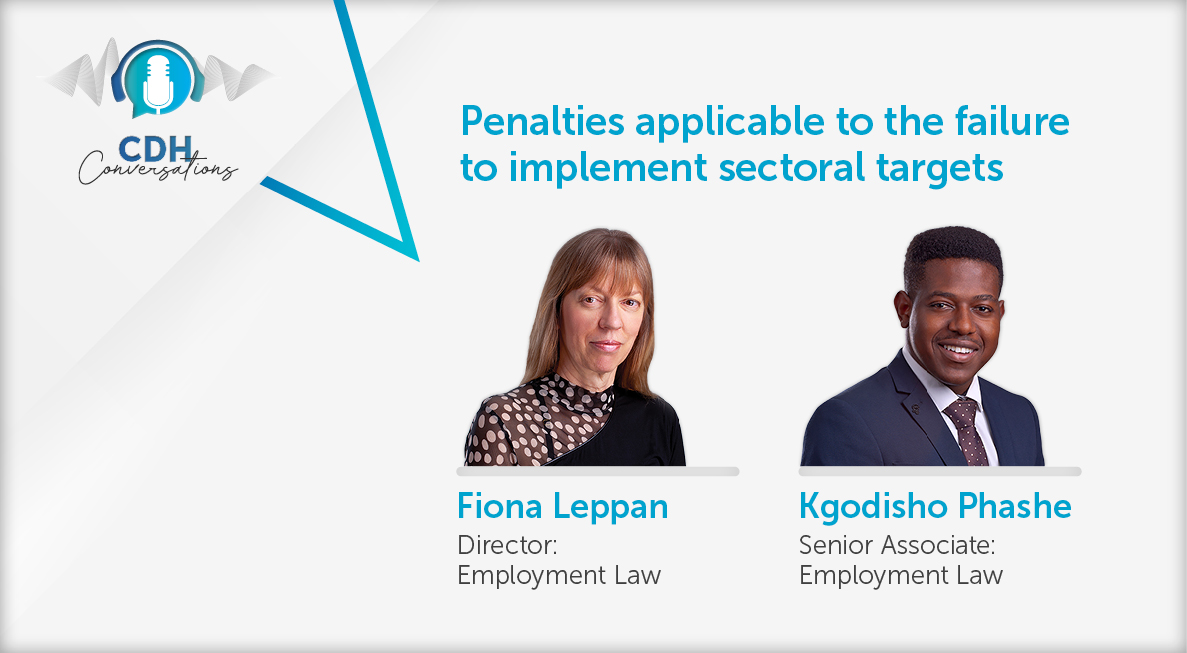PAJA review: Too little, too late
In March 2016, the appellant instituted an action for a provisional sentence claiming the payment of amounts premised on three payment certificates issued by the Municipality’s engineers. These certificates were issued pursuant to a contract concluded between the Appellant and the Municipality on 18 December 2014 (Contract). By way of a counter application, the Municipality sought an order for the review and setting aside of the Contract on the grounds that it was invalid and unlawful since the Municipality failed to comply with s217 of the Constitution and the relevant procurement legislation and policies. The High Court upheld the Municipality’s contentions and accordingly declared the Contract invalid, setting it aside with the effect that the payment certificates issued in terms of the Contract were declared to be void ab initio. This decision gave rise to the Appellant’s appeal to the SCA.
The central issue before the SCA, per Swain JA, was the contention that the Municipality failed to bring its application for the review and setting aside of the contact without unreasonable delay and within 180 days of its award. The court’s examination of the timeline revealed that there was a delay of 15 months between the award of the Contract to the Appellant and the institution of review proceedings by the Municipality. This was contrary to the provisions of s7(1) of PAJA, which provide that any proceedings for judicial review must be instituted without unreasonable delay and within 180 days after the date on which the person concerned was informed of the administrative action, became aware of the action and the reasons for it, or might reasonably have been expected to have become aware of the action and the reasons.
The SCA found that the delay by the Municipality in launching its application for the review of the Contract exceeded 180 days and was therefore unreasonable per se (see Opposition to Urban Tolling Alliance v South African National Roads Agency Ltd [2013] ZASCA para 26). The SCA was then asked to consider whether the delay in launching its application could be condoned by granting an extension of the time period in terms of s9 of the PAJA. The SCA ultimately found that it was not in the interests of justice to grant such an extension. In coming to this conclusion, Swain JA had regard to the following considerations: the Municipality’s failure to furnish a full and adequate explanation for the entire duration of its unreasonable delay in instituting its application; the prejudice to the Appellant who had established that the Contract had almost been completed with the ostensible permission of the Municipality; and the severe prejudice to the inhabitants of Duncan Village who would be negatively affected by the inevitable delay in providing them with adequate housing which would flow from a declaration of invalidity of the Contract.
The award of the Contract was accordingly ‘validated’ by the unreasonable delay of the Municipality and the payment certificates relied upon by the Appellant were declared to be valid.
This decision by the SCA reinforces the long-standing principles of the undue delay rule which are predicated upon the desire to avoid prejudice to those who may be affected by the impugned decision and the public interest in the finality of administrative decisions and the exercise of administrative functions.
It is therefore important to ensure that a comprehensive explanation is provided to the court for any delay in instituting a timeous challenge to administrative action, otherwise it will be too little too late.
The information and material published on this website is provided for general purposes only and does not constitute legal advice. We make every effort to ensure that the content is updated regularly and to offer the most current and accurate information. Please consult one of our lawyers on any specific legal problem or matter. We accept no responsibility for any loss or damage, whether direct or consequential, which may arise from reliance on the information contained in these pages. Please refer to our full terms and conditions. Copyright © 2026 Cliffe Dekker Hofmeyr. All rights reserved. For permission to reproduce an article or publication, please contact us cliffedekkerhofmeyr@cdhlegal.com.
Subscribe
We support our clients’ strategic and operational needs by offering innovative, integrated and high quality thought leadership. To stay up to date on the latest legal developments that may potentially impact your business, subscribe to our alerts, seminar and webinar invitations.
Subscribe




